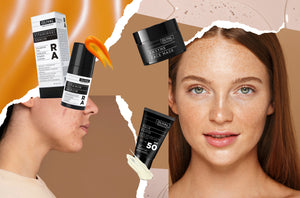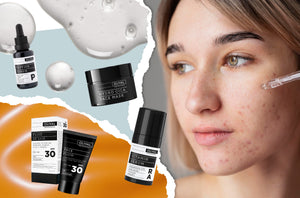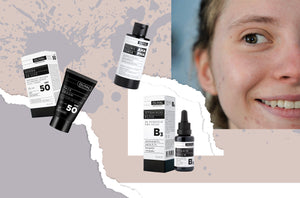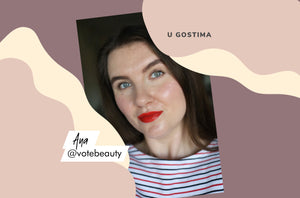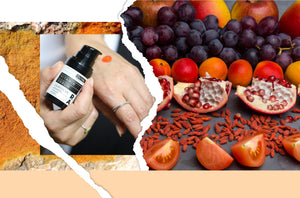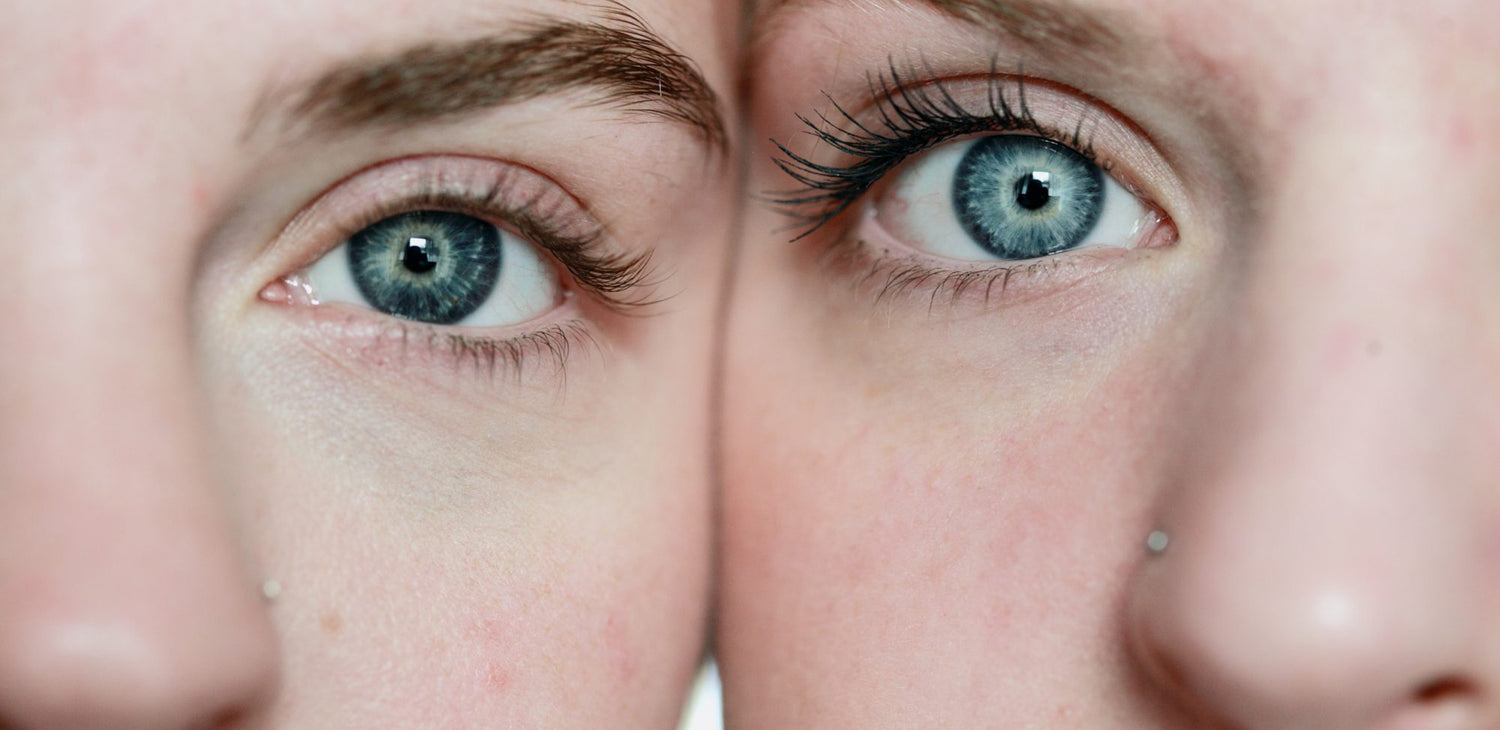The information that retinoids, colloquially called "retinol" after one of the forms of vitamin A, are not used in summer is very common. However, it is wrong in itself. Retinoids are safe and can be used even in the hottest periods of the year. Nothing is simple, so even here there are exceptions and rules that are important to follow in order to adequately protect the skin and at the same time provide your preferred form of retinoid with optimal conditions for achieving its effect.
Continue with retinoids yes, introduce them - not really
If you have been using a product with this ingredient for a long time, you have already passed the initial adaptation phase, and perhaps the so-called skin cleansing phase. This means that you are already enjoying the first benefits of this kind of care, and then you certainly know the main rules when it comes to this gold standard of care. You guessed it, a minimalist routine and maximum sun protection!
Continuation of retinoid care is especially beneficial for problematic skin prone to acne and comedones, which often has a slightly stronger purging phase. In simple words, this phase occurs due to the specificity of retinoids themselves as a group of ingredients that accelerates cellular turnover. The entire "lifetime" of acne can last from 2 to 6 weeks before it appears on the skin. Retinoids greatly accelerate this process (cellular changes), which results in the faster appearance of irregularities, and then the impression that the condition of the skin has worsened. These phases are temporary and last until the skin clears. In the case of a longer interruption of use, especially if the product has not been used for a long time, the cleaning phase can be repeated as if it had never happened. In most cases, therefore, it is better to follow the rules even better, but otherwise, simply continue hanging out with retinoids through the summer.
On the other hand, the introduction of retinoids can be complex, especially if in certain forms and concentrations, as is the case with 0.1% retinal (retinaldehyde) in the RA Vitamin Serum . If you haven't used retinoids before, summer is definitely not the time to embark on this skincare marathon, which these ingredients really are.

If you continue with retinoids, always be cautious
Although retinoids do not thin the skin, but rather make it more sensitive to the sun, the most important part of deciding whether to continue using retinoids in the summer months is your awareness of your own habits, situation and the pace you will set for yourself. SPF is a key step in everyday summer care, especially during the summer. Proper protection against UV radiation involves several factors:
- adequate and generous application of the product (about 2 mg/cm 2 of skin or about 1/4 tablespoon or about two rich lines of product drawn on the inside of the index and middle fingers for the face, ears and neck)
- renewal of protection during the day with the same product or a spray product after every bathing, sweating and wiping with a towel or every 2 hours while outdoors
- avoiding active sunbathing, especially from 11 a.m. to 5 p.m
- avoiding tanning beds
- wearing a cap, scarf or hat and glasses
If you are aware at the start that you will not comply with one of these factors, retinoids should not be part of your summer routine, and especially not if you are just a beginner with them.
Monitor the skin and react as necessary
Basic routine and retinoids are best friends, so in most cases the skin only needs double cleansing (dissolving the SPF and then washing), good and gentle hydration and SPF. There are rare situations in which the skin, especially with higher concentrations of retinoids, needs a strong chemical peeling. Less is more so a product like a Peeling Toner based on AHA and PHA acids once a week will do the job – skipping the retinoid that night. This rule of intuitive care is even more important in summer because the skin's needs change along with changes in temperature, climate, and even our mood and diet. If a routine works during the winter, it does not necessarily mean that it will "work" during the 10 days of vacation. Monitor the skin and adjust the care. It is usually necessary to return the routine to the "factory settings" and leave the active ingredients aside, and turn to neutral hydration and restorative substances such asectoine , peptides, hyaluronic acid .
Switching to lower concentrations - maybe
Sometimes the question arises whether during the summer it is necessary (and desirable) to simply replace a stronger product with a milder one. Things are not simple here either, and there is no single answer. It is important to take into account the fact that each product is a formulation in itself and the skin comes into contact with it for the first time. A different formulation is not necessarily a bad thing – a product like Vitamin Serum R² with a gentle form of retinoid, antioxidant resveratrol and hyaluronic acid for hydration can be a good choice for the evening routine, along with a cream and sun protection in the morning like Professional face cream SPF 50 . In any case, precisely because of that first application, it is necessary to carefully follow the manufacturer's instructions and not introduce the product too suddenly just because it contains a declaratively weaker form of retinoid.


